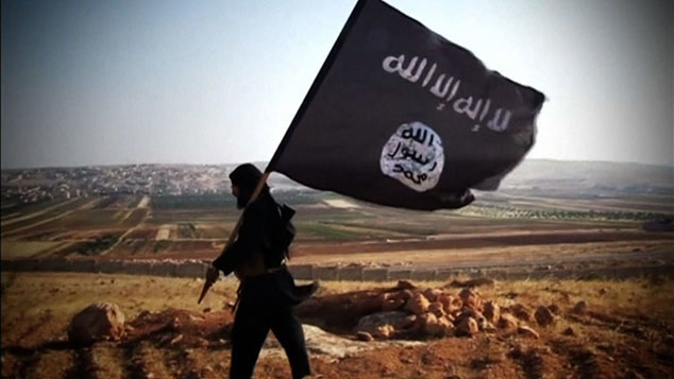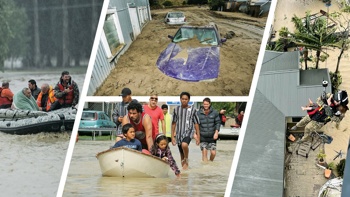
Foreign fighters bent on joining jihadists in Syria, Iraq and North Africa are changing tactics to avoid detection, increasingly resorting to tortuous travel routes and relying on middlemen, Interpol says.
Interpol chief Juergen Stock told a special UN Security Council meeting on Friday that intelligence-sharing was key to stopping would-be jihadists who are now flocking to war zones in record numbers.
"Intelligence is crossing borders but at a much slower pace than foreign terrorist fighters are," said Stock.
The 15-member council was meeting interior ministers for the first time after a UN study showed a surge in the number of foreign terrorist fighters (FTFs) worldwide.
The council adopted a ground-breaking resolution in September that called on governments to make it a serious crime for their nationals to enlist as a foreign fighter with extremist groups such as Islamic State.
Stock said measures to stop foreign fighters are "already producing changes in tactics" by recruiters who are setting up "broken travel" to make tracking more difficult.
More "facilitation networks" are springing up to help would-be jihadists reach their destination and recruiters are approaching convicted criminals to join their ranks, he said.
"Other patterns include a growing share of recruits with criminal records, especially from Europe, and the active role played domestically by some suspects who have been prevented from traveling abroad," Stock said.
US Homeland Security Secretary Jeh Johnson told the council that "much more needs to be done" to cut off the steady flow of foreign fighters who are becoming "increasingly mobile, adaptable and brutal."
Only 51 countries have asked airlines operating in their territories to provide advance passenger information to allow security personnel to carry out checks.
A study by a UN panel of experts showed a 71 per cent increase in the number of foreign fighters between mid-2014 to March 2015.
Around 25,000 foreign fighters from over 100 countries are involved in armed conflicts worldwide, with the highest influx into Syria, Iraq and increasingly into Libya, the report said.
Large numbers are traveling from Tunisia, Morocco, France and Russia, and there are new trails of jihadists leaving the Maldives, Finland, Trinidad and Tobago, as well as from some sub-Saharan Africa countries.
"We're not seeing nearly enough global action to criminalise and actually prevent the movement of FTFs to and from conflict zones," US Ambassador Samantha Power said ahead of the meeting.
"We need countries to step up by creating new laws if they haven't, enforce laws on the books where they have them, and take concrete steps to make it possible to stop FTF travel."
Take your Radio, Podcasts and Music with you









